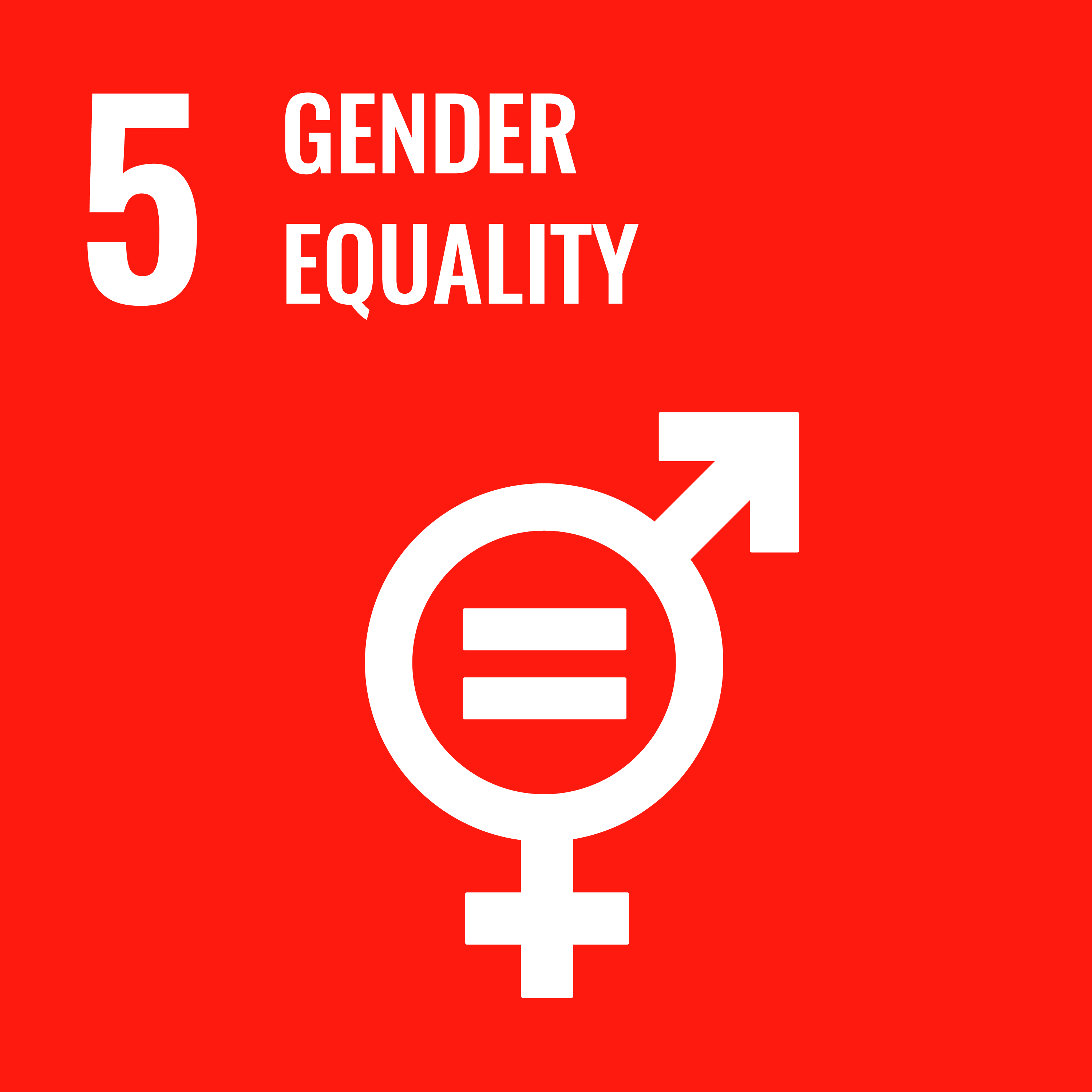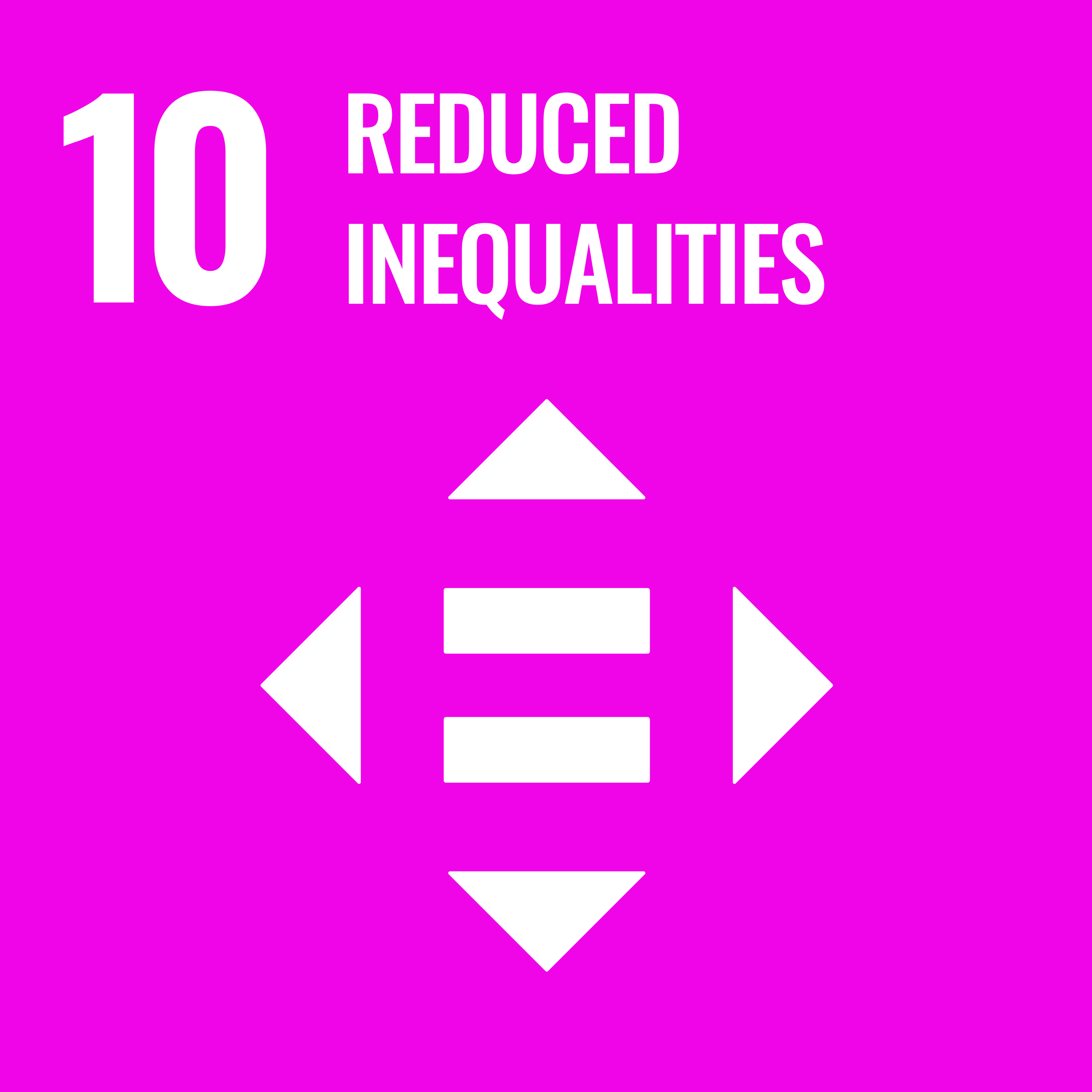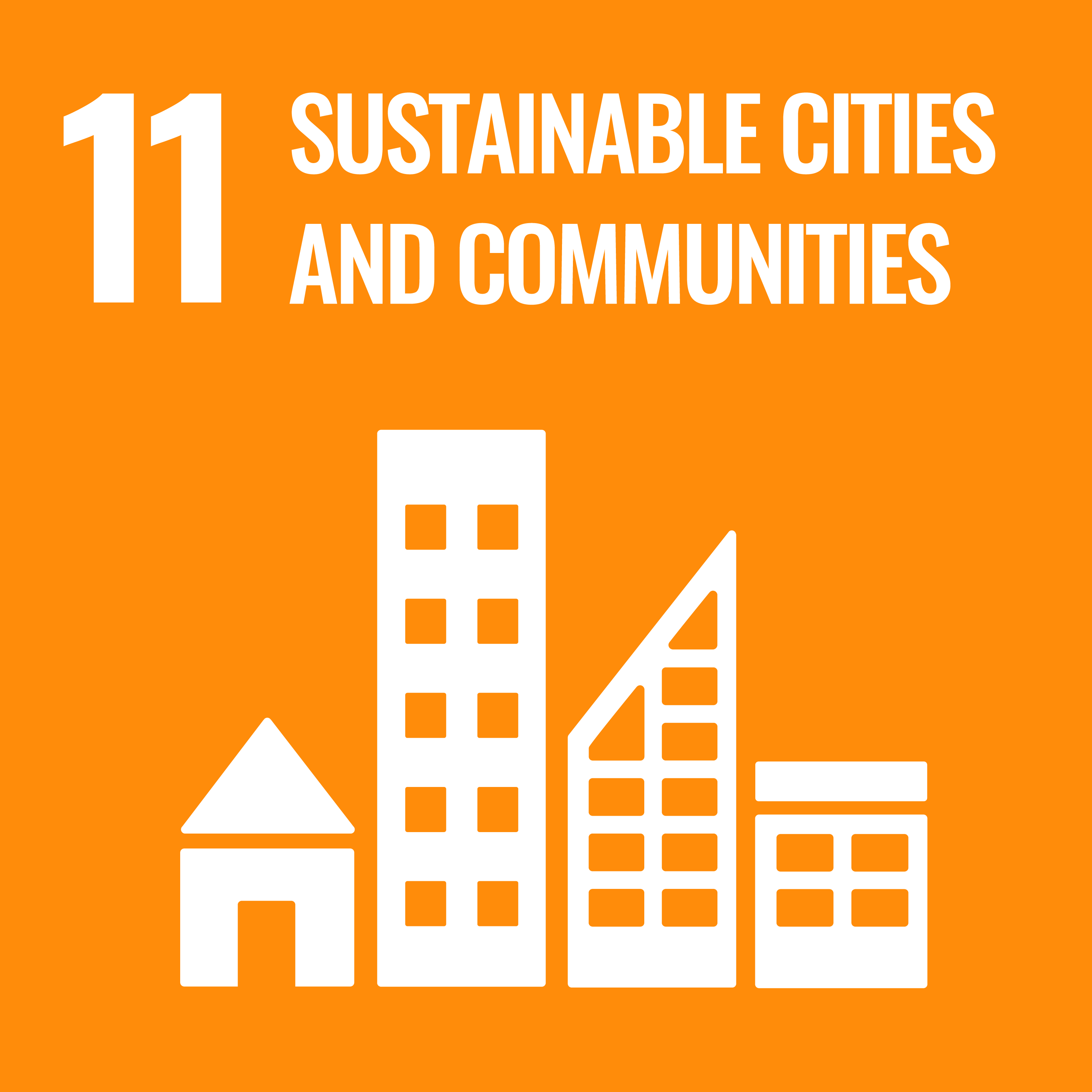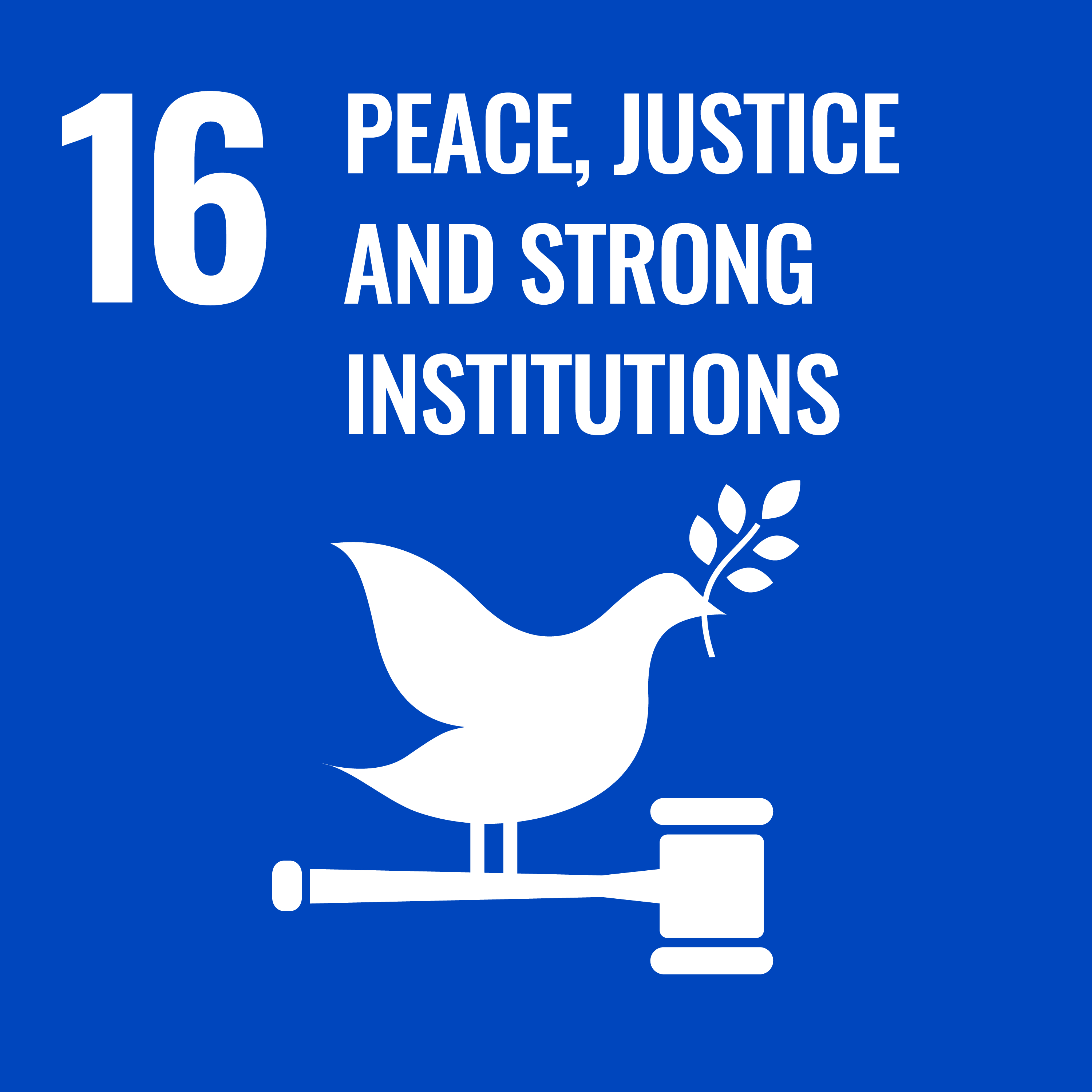Contributes to achieving SDGs
Key results
countries
have adopted comprehensive, coordinated strategies for preventing violence against women, with dedicated focus on transforming inequitable gender norms





